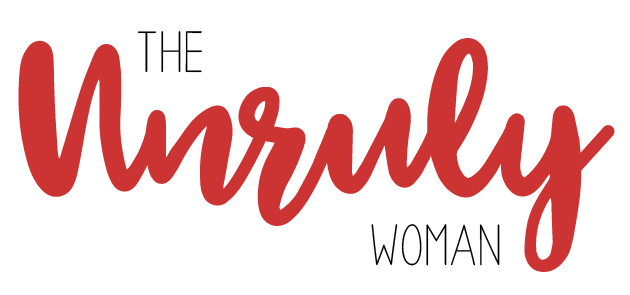My white supremacy studies are sinking in and I’m beginning to understand the depth of my privilege as a college educated, childbearing, white woman with a lower middle class income. For all of the ways our society is not made for me (queer, neurodiverse, chronic fatigue, non-Christian), I’ve been able to use self-employment to carve out a place within which I am basically doing okay.
Lately, it’s my profound love of winter that showed how good I have it. Going outside keeps Minnesota winters lovable for me. I need that time with the earth to stay grounded. The miles and miles of concrete therapy help me reconnect with my long neglected body. If I had been trapped indoors for as long as it’s been snowing in Minneapolis, I’d probably hate winter like so many of the locals do.
But I am not trapped inside. I have the money to buy the coat, boots, gloves, and protective under layers I need to be comfortable walking five miles in freezing temps. Or I have at least enough money that when I shop the holiday sales and enjoy the family discount offered by my son’s employer, I can afford the goods that keep me warm.
I have the mental whatever it takes to get my ass out the door because I know my body needs it, a task that feels truly impossible for some of my clients who live with depression or anxiety. Since my children are now grown, I am at a place in my life where I can prioritize my health with far more ease than I could when they were young. The control of my time afforded by my self-employment feels like a privilege.
I have the physical ability to walk even if the sidewalks in my neighborhood and around the lake are not shoveled. For months, I haven’t shared these sidewalks with anyone using a wheelchair or a cane, or who appears to be a little unsteady on their feet.
I have a home to return to after each and every winter walk. Shelter makes being outside an adventure. A choice. If it’s too cold, I can stay inside. This shelter, my apartment, is secure and that is a privilege that many, many people here in Minneapolis do not share.
When the nursing school studies and work are done for the day, The Beautiful One and I sometimes take late night walks. We stroll through the neighborhood, taking pictures and catching up. There’s a playground a block south of our apartment. We love to go during big snow storms, usually after midnight, and our laughter echoes in the streets.
Reading books like When They Call You a Terrorist: A Black Lives Matter Memoir by Patrisse Khan-Cullors and So You Want To Talk About Race by Ijeoma Oluo made it possible for me to finally recognize that in all of our nighttime excursions, we’ve never had to answer to anyone. Trayvon Martin was hunted and killed by George Zimmerman for walking down the street. We’ve never had anyone act afraid when we walked up to help free their car from a snowbank. Charles Kinsey was shot by police while trying to help. We’ve never had the police called on us for behaving suspiciously, or for being disruptive, even when we were actually being disruptive. Stephon Clark couldn’t even be in his own backyard without being hunted and killed by police.
For most of my life, I didn’t recognize that white privilege was even a thing, that a neighbor might call the police because they feel afraid of someone walking the sidewalk loving winter and having a good time with their partner. My white skin protected me from that knowledge. I’m having to work hard to learn it, actively seeking to understand the way white supremacy uses me and how I use it, mostly without even trying.
Being ignorant about the ways I benefit from my white privilege does not hurt me, at least not much, but it makes me careless and dangerous to Black, Indigenous, and People of Color (BIPoC). It makes me a handy tool in the toxic systems running our country. This system got forty good years out of me—weaponizing me in the oppression of others and it has to stop.
I have to stop it.
White people, WE have to stop it.
Now, I am not here to guide you through this work. Teaching you about racism and white supremacy is far outside my professional sandbox but personally, this is what matters most to me right now. I need to share this with you because I’m a white woman supporting a community of mostly white women and my silence about racism is a perpetuation of white supremacy.
Black and brown people are dying. We must make space for this in our lives.
RESOURCES
Book: When They Call You a Terrorist: A Black Lives Matter Memoir by Patrisse Khan-Cullors
Book: So You Want To Talk About Race by Ijeoma Oluo
Article: 100 Ways White People Can Make Life Less Frustrating For People of Color by Kesiena Boom





